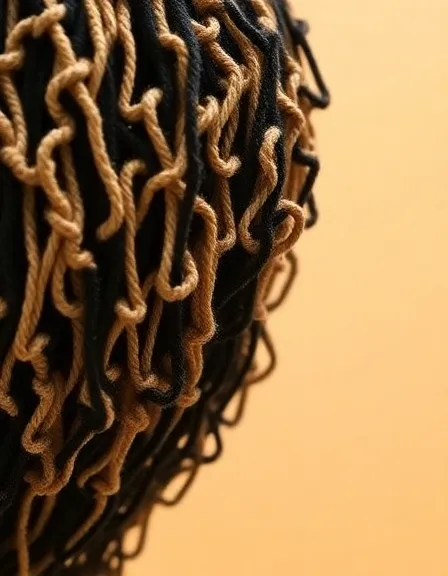Kofi Obeng Nti
Biography
Aspiring Author
Reviews Summary
4.7
Rating Breakdown
3 total ratings
Aspiring Author
4.7
Rating Breakdown
3 total ratings
This first chapter really drew me in with its unique subject. I found the exploration of the net sponge's cultural significance quite fascinating. The author's writing style is engaging and makes the history accessible. The opening sets up an intriguing premise about uncovering hidden legacies. I'm definitely interested in reading the rest of "The Woven Depths". It feels like there's so much more to discover about this artifact. The promise of tracing its journey through trade and ritual is captivating. This collection of essays offers a fresh perspective on African heritage. It certainly makes you appreciate the depth within seemingly simple objects. I'm eager to delve deeper into the artistry and traditions presented.
This first chapter of "The Woven Depths" offers a solid introduction to a fascinating subject. The essay effectively highlights the cultural significance and intricate craftsmanship of the African net sponge, making it feel more than just a utilitarian object. I found the argument that the sponge serves as a tangible link to heritage particularly compelling. The writing style is scholarly yet accessible, though I'd like to see more vivid descriptions in subsequent chapters. The opening sets up an intriguing premise about uncovering a "hidden legacy." I'm definitely interested in reading the rest to see how these threads are further explored. The exploration of the sponge's role in trade, ritual, and daily life promises a rich historical narrative. This collection appears to offer a unique lens into African history through a seemingly simple artifact. Can't wait to see where this story goes. It feels like the foundation for a very enriching read.
This first chapter of The Woven Depths really drew me in. I was immediately fascinated by how Kofi Obeng Nti introduces the profound significance of the African net sponge. The writing style is clear and scholarly, yet accessible, making the exploration of this artifact feel rich. The chapter does an excellent job of setting up the multifaceted nature of the sponge, making me curious about its deeper historical and cultural layers. I'm definitely interested in reading the rest to uncover the full legacy described. This collection seems like it will offer a unique and insightful perspective on African heritage. It feels like a very promising start to a thoughtful exploration. I'm eager to see how the author unpacks the "hidden legacy woven within its very fibers."
